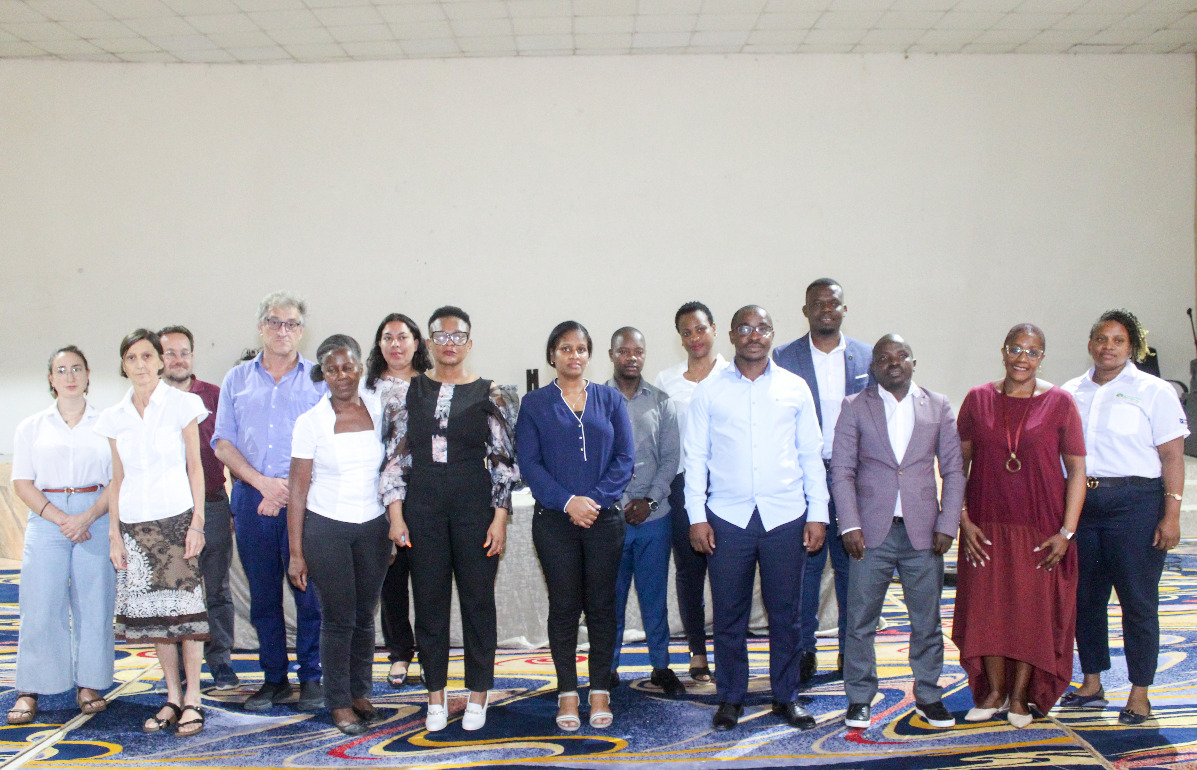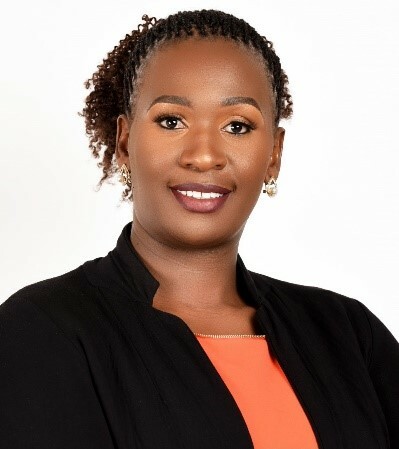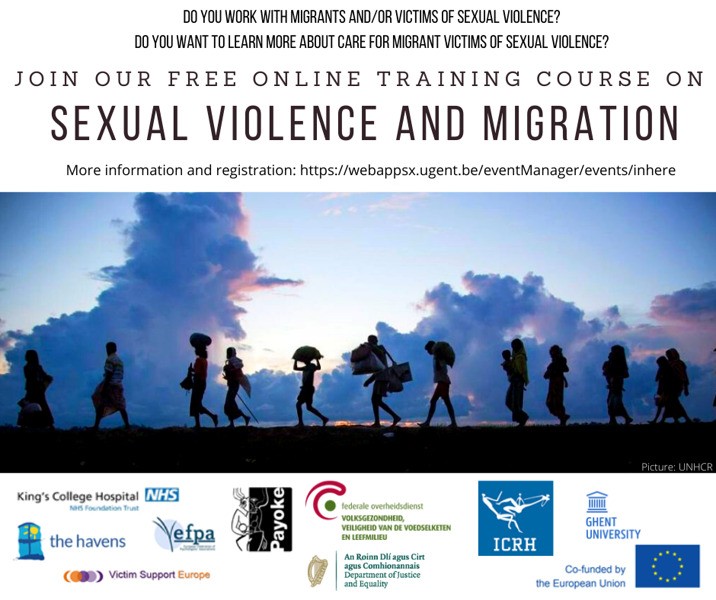Springtime news from ICRH Mozambique
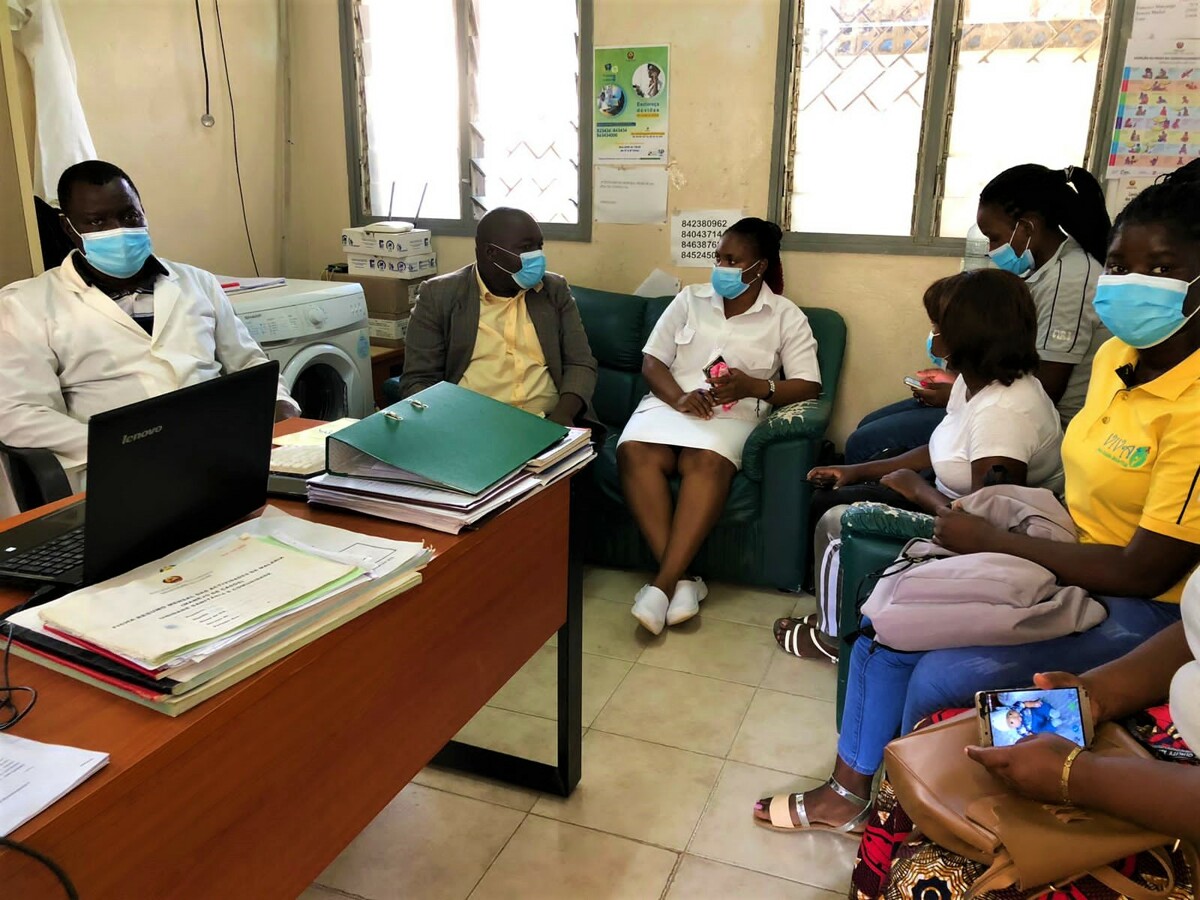
A lot is going on at ICRH Mozambique. Please read their news here
KPP/PASSOS: a five-year HIV prevention program in Mozambique
ICRH Mozambique assumes the leadership of a consortium that brings together twelve experienced partners to implement an HIV prevention program for key and priority populations (KPP) in Mozambique.
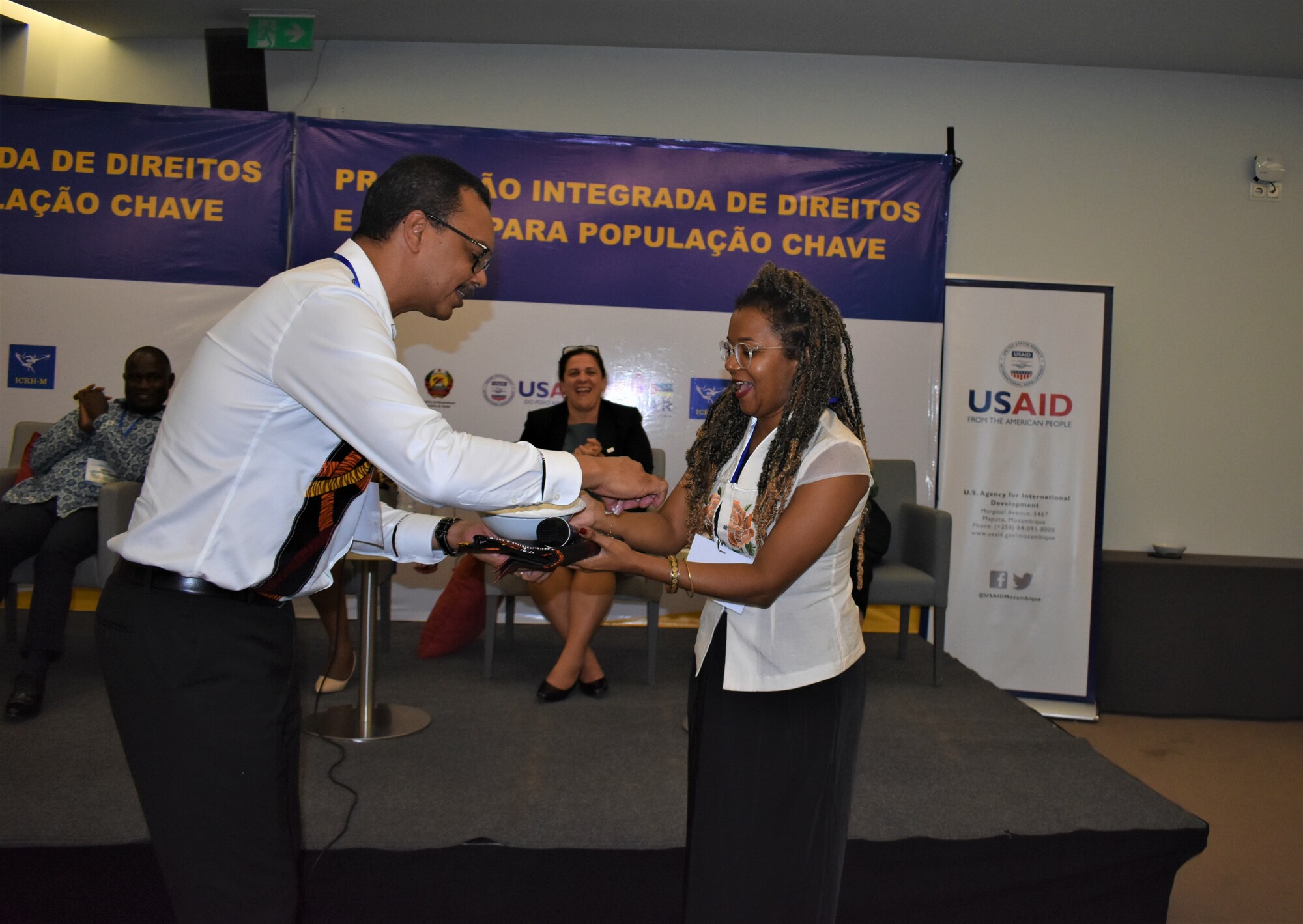 The KPP/PASSOS+ project is aligned with the National Strategic Plan for Response to HIV and AIDS and will take place from October 2022 to September 2027. This project is part of USAID’s localization strategy, which focuses on empowering local organizations to take the lead in bilateral programs and to implement prevention measures to reduce the number of new infections. This is important in the Mozambican context, where one in eight adults lives with HIV.
The KPP/PASSOS+ project is aligned with the National Strategic Plan for Response to HIV and AIDS and will take place from October 2022 to September 2027. This project is part of USAID’s localization strategy, which focuses on empowering local organizations to take the lead in bilateral programs and to implement prevention measures to reduce the number of new infections. This is important in the Mozambican context, where one in eight adults lives with HIV.
The project was launched in Maputo, last March, as a legacy of the non-profit organization FHI360, that has been implementing the KPP project for the last 6 years. During this event, which was attended by several key stakeholders (among them donors, the Ministry of Health, the National Council for Combating AIDS), the increasing importance of prioritizing these population groups for the control of the HIV and AIDS pandemic was recognized.
Happy women, happy babies
From 2023 to 2026 ICRH Mozambique will implement a project to provide integrated and inclusive access to sexual and reproductive health and rights for women and girls, mothers and their babies in the province of Tete. 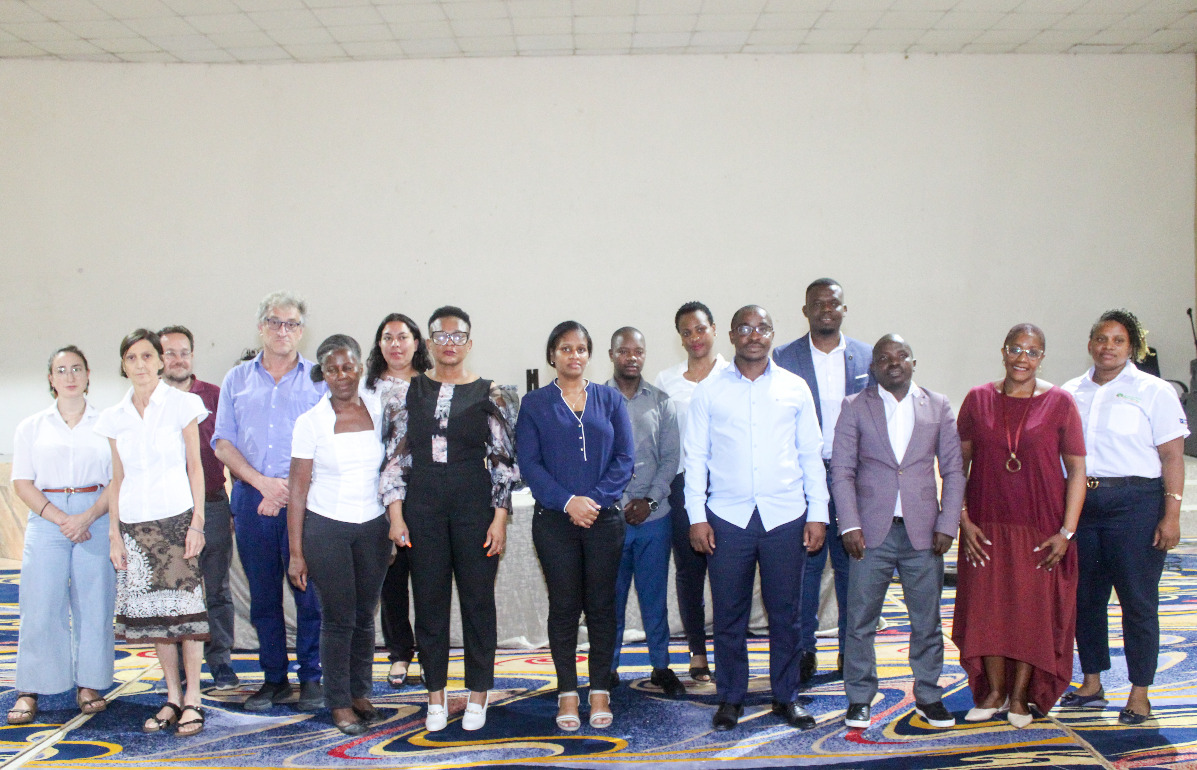 This year, the Government of Flanders has opened a new funding portfolio for the province. ICRHM will collaborate with other selected leading organizations to implement projects to improve the access to sexual and reproductive health care, with a focus on maternal and neonatal health, and with special attention to vulnerable groups, including adolescents, in the province of Tete.
This year, the Government of Flanders has opened a new funding portfolio for the province. ICRHM will collaborate with other selected leading organizations to implement projects to improve the access to sexual and reproductive health care, with a focus on maternal and neonatal health, and with special attention to vulnerable groups, including adolescents, in the province of Tete.
The ‘Happy women, happy babies’ consortium includes ICRH Mozambique, ICRH Belgium, the Gynecologists Association, H2N-Media and Communication, TVSURDO-Deaf TV and three resource organizations in gender and nutrition areas.
Reinforcing adolescent knowledge about sexual and reproductive health and rights
The ‘Chat Without Taboos’ project in Mozambique ended last March, after 4 years of implementation in the province of Maputo, specifically in the districts of Magude and Moamba. In addition to the encouraging results achieved (click here), we now want to strengthen health systems with new information, education and communication (IEC) materials.
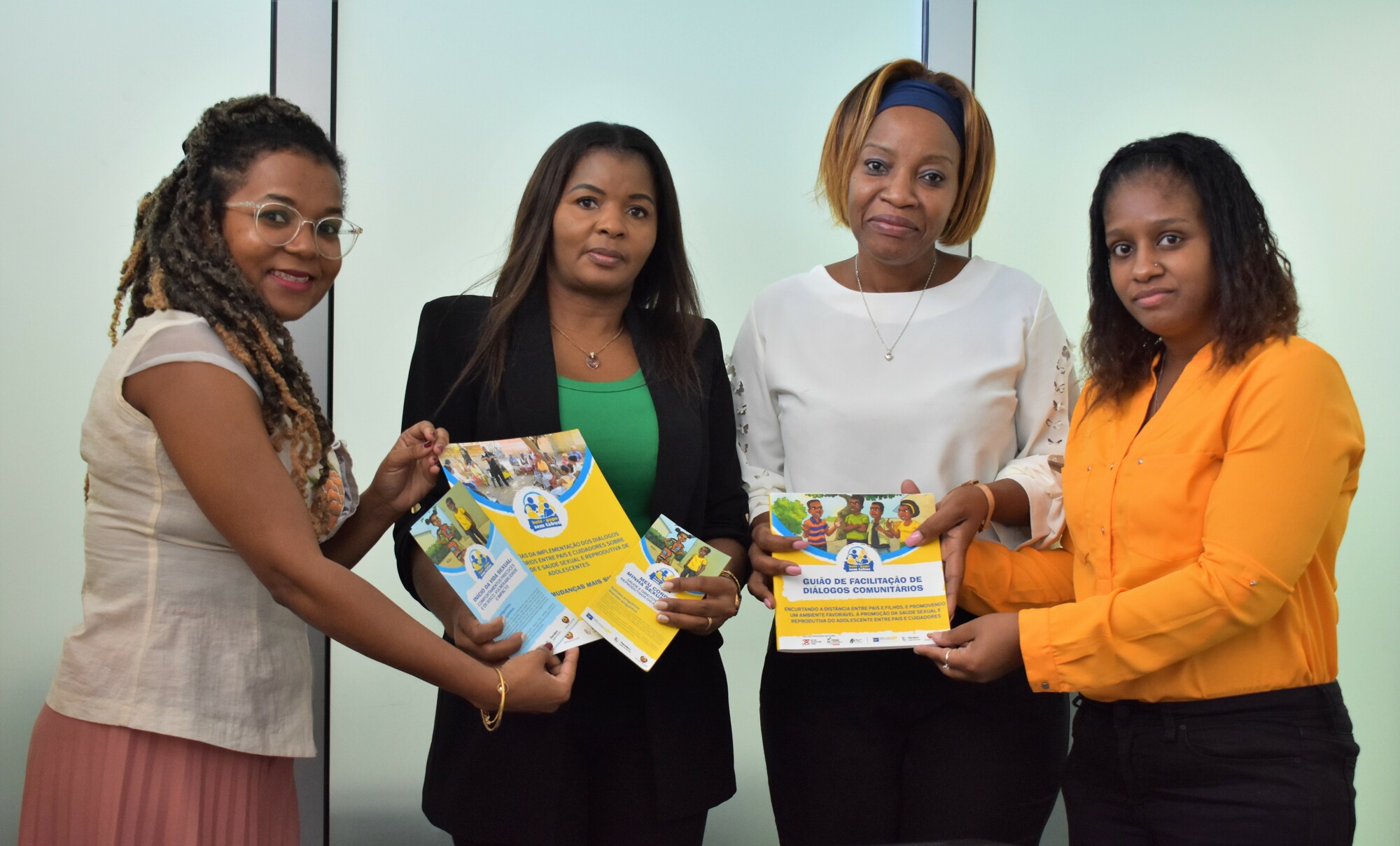 We will provide a guide for the facilitation of community dialogues on communication between parents and children, and IEC materials on the sexual and reproductive health of adolescents. This material was officially approved and delivered to the Ministry of Health last March.
We will provide a guide for the facilitation of community dialogues on communication between parents and children, and IEC materials on the sexual and reproductive health of adolescents. This material was officially approved and delivered to the Ministry of Health last March.
It is worth remembering that ‘Chat Without Taboos’ aimed to improve the sexual and reproductive health and rights of adolescents, with special attention to girls and boys aged 10-14, by reducing teenage pregnancies, unsafe abortions, preventing new HIV infections and STIs, reducing gender-based violence, and changing harmful policies and social norms.
INSPIRE discusses implementation strategies in Kenya
The research teams from the INSPIRE project, from Mozambique and Kenya, met last February in Mombasa to analyze the state of play of this project. INSPIRE is designing interventions to use among pregnant adolescent girls and new mothers from 15 to 19 years of age to improve their mental health and well-being.
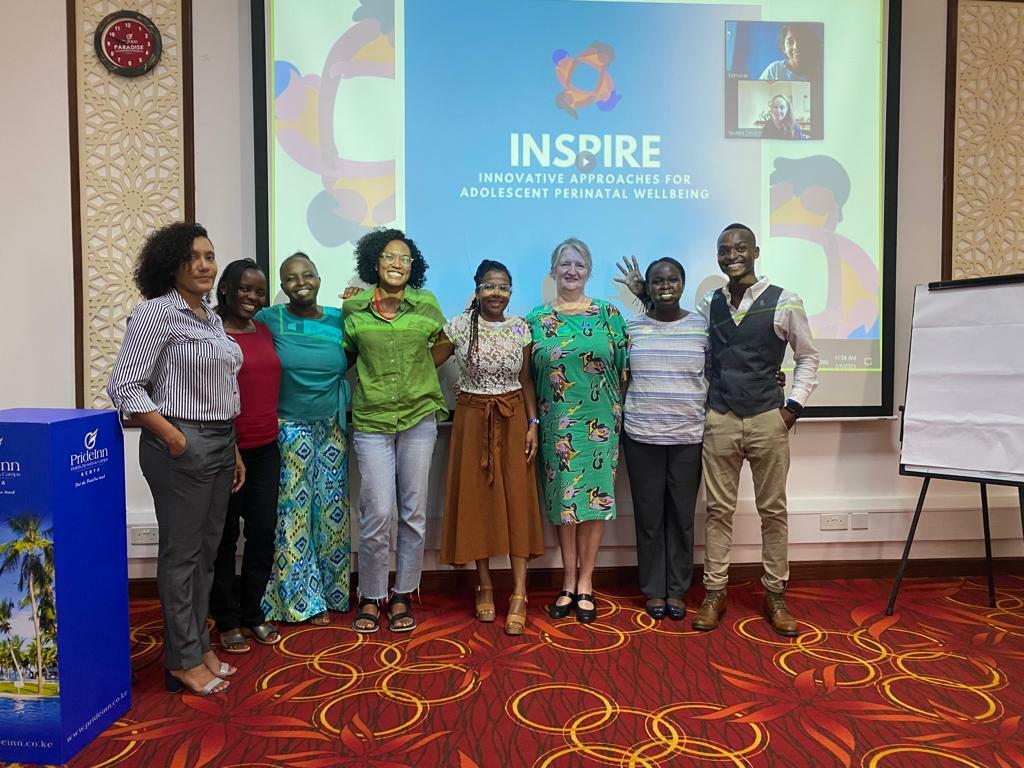 After this meeting the manual of the project in Mozambique (KUTHANDIZANA, for Mentor Mothers) was finalized. It will guide health and well-being interventions aimed at pregnant adolescents and in the first year postpartum. The manual will be tested in the second phase of the research project, which in Mozambique takes place in the province of Tete, in the district of Moatize.
After this meeting the manual of the project in Mozambique (KUTHANDIZANA, for Mentor Mothers) was finalized. It will guide health and well-being interventions aimed at pregnant adolescents and in the first year postpartum. The manual will be tested in the second phase of the research project, which in Mozambique takes place in the province of Tete, in the district of Moatize.
The meeting was attended by members of the implementation teams of the INSPIRE project in Mozambique (Fernando Chissale and Málica de Melo) and Kenya (Margaret Hanselman, Lucy Nyaga, Grace and Prof. Marleen Temmerman) and the global coordinator of the project (Prof. Tatiana Salisbury) representing Kings College London, which is the donor of the project.
Improved coverage of viral load testing in sex workers on antiretroviral therapy (ART)
The VIVA+ project aims to improve the health of female sex workers and prisoners, promoting access to integrated health services and human rights. ICRH Mozambique implements this project in 7 districts of the province of Tete.
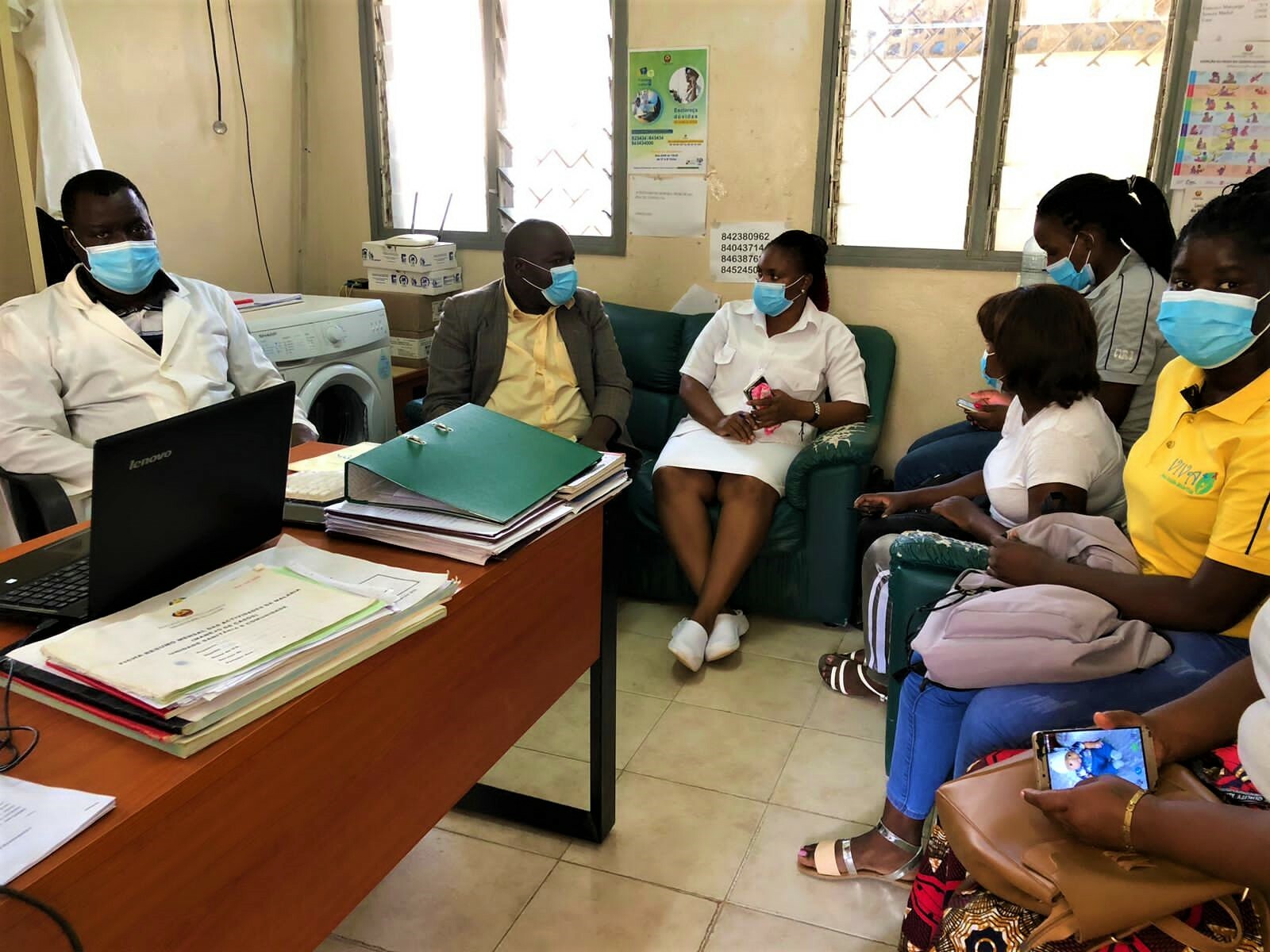 In 6 districts we focus on female sex workers, in the 7th on prisoners. In the first three months of the year, a total of 1632 female sex workers beneficiaries were given the prevention package for HIV, 78 of whom tested positive for HIV and were linked to care and treatment. However, in the last six months, 108 female sex workers had viral load test results and at least 93 beneficiaries achieved viral suppression. These results contribute significantly to improving the health status of female sex workers on antiretroviral treatment.
In 6 districts we focus on female sex workers, in the 7th on prisoners. In the first three months of the year, a total of 1632 female sex workers beneficiaries were given the prevention package for HIV, 78 of whom tested positive for HIV and were linked to care and treatment. However, in the last six months, 108 female sex workers had viral load test results and at least 93 beneficiaries achieved viral suppression. These results contribute significantly to improving the health status of female sex workers on antiretroviral treatment.
VIVA+ focuses on interpersonal communication, provision of condoms and lubricants, counselling and testing, and is linked to HIV care and treatment and follow-up for retention on ART, PreP and completion of PEP.
Improved access to safe abortion services and care in Tete
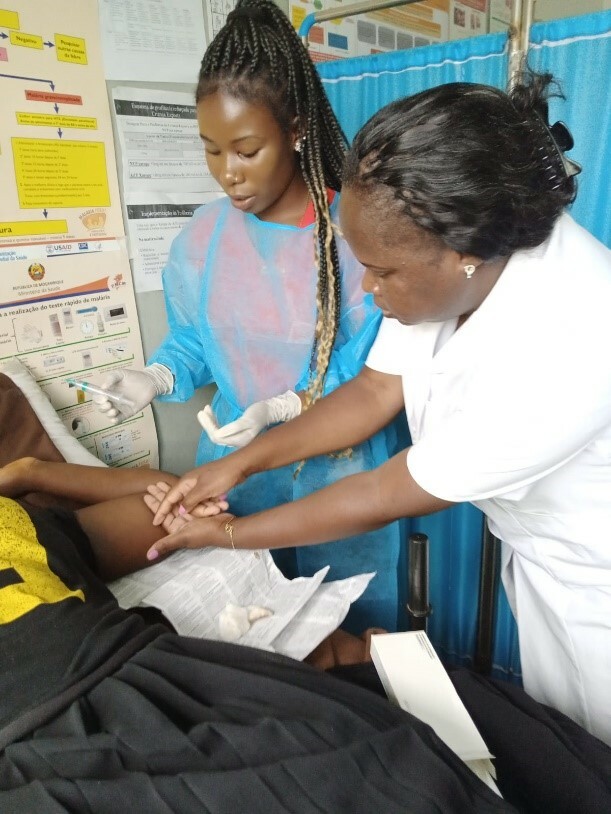 With the bill spearheaded by ICRH Mozambique in the first quarter of 2023, in districts such as Changara, Magoe, Cahora Bassa and Angónia, about 231 women and girls accessed the medical abortion service, and all adhered to family planning methods.
With the bill spearheaded by ICRH Mozambique in the first quarter of 2023, in districts such as Changara, Magoe, Cahora Bassa and Angónia, about 231 women and girls accessed the medical abortion service, and all adhered to family planning methods.
Structural issues such as stigma and discrimination against women accessing safe abortion services and family planning are decreasing with the implementation of community programs and easy access to information in the province of Tete. Note of emphasis for adherence to long-term methods for 167 women and girls, with emphasis on implants, and for short-term method the injectable contraception were took for 64 woman.






